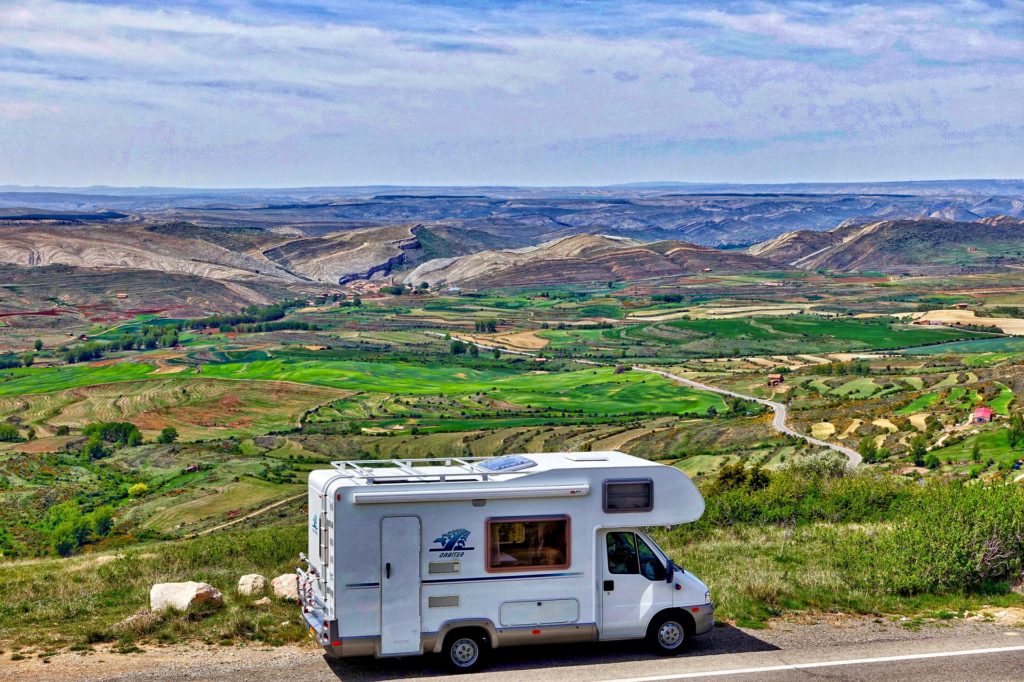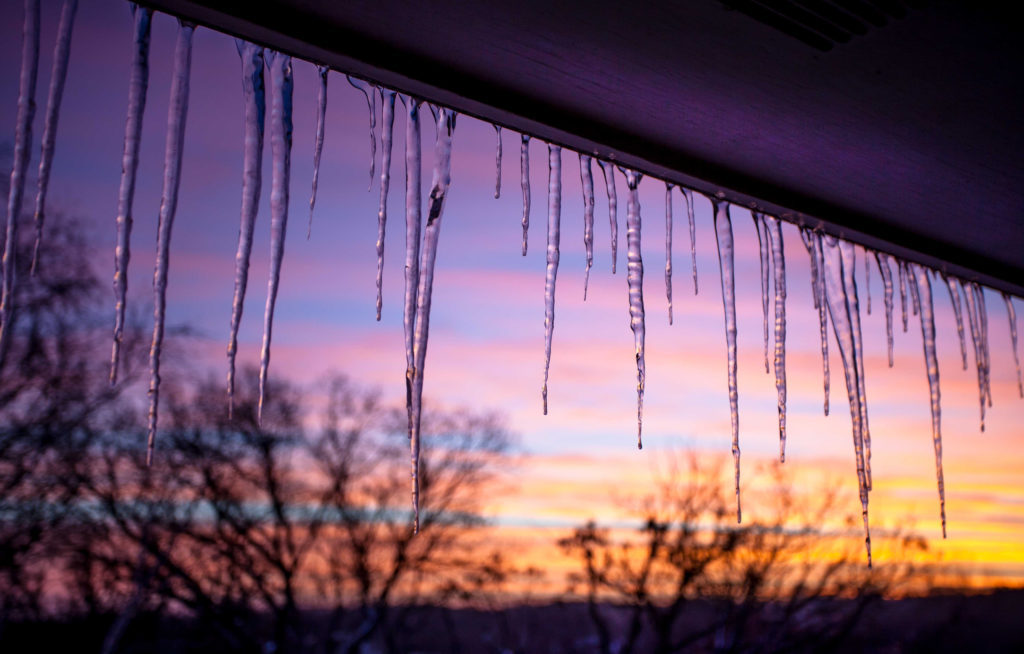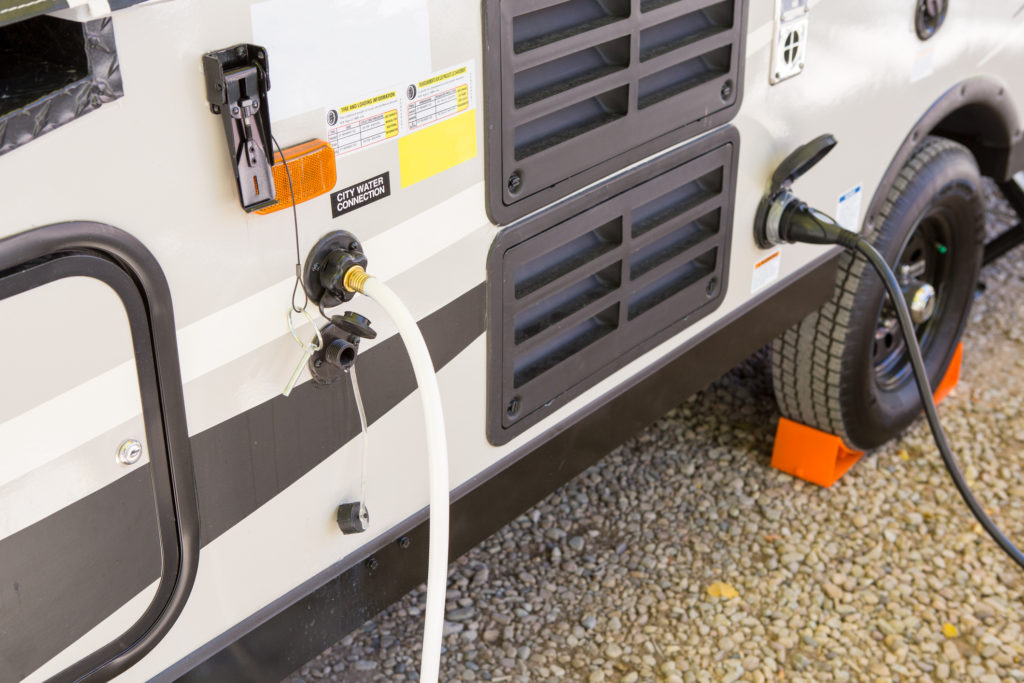RV Maintenance
The RV lifestyle offers freedom and the promise of exploring the country (or beyond) on your own terms.
There are endless opportunities for adventure and bonding with family and loved ones. Often, the best part of owning an RV is that you never quite know what to expect.
Regular RV Maintenance is important, if you fail it, you might have to stall your travel plans or even cancel them. RV Maintenance is a very important part of being an RV owner.
Just as your home and car need to be well maintained to avoid bigger problems in the future, so does your RV. Fortunately, most of these tasks can easily be done by the average RV owner. Before you heed the call of the open road, make sure your RV is road-trip-ready.
Turn on the Generator When Not in Use
Many people don’t have the option to spend all their days traveling. The average RV owner probably has to store their RV for at least a few months at a time with little to no use.
Even if you can’t pack up and head out on a road trip, make sure to run the RV’s systems every month. This is especially important for the generator. If you don’t run your generator regularly, your carburetor can start to suffer from buildup, and you could end up having to replace it entirely. To avoid this, simply run your generator at a 50 percent load for around two hours monthly.
Take Out the Battery During Winter
If you aren’t using your RV during the winter months, make sure to take out the battery if you live in a colder climate. If your battery is not stored somewhere warm, it may freeze and break, which is often not covered by warranties.
Open Up the Vents
If you live in a hot climate, don’t forget to open up your RV’s vents while it’s not in use. It’s easy for a fully sealed, unused RV to get more than a little toasty over time.
Depending on your location, the temperature inside the RV can end up reaching over 130 degrees. This can cause different materials to warp and break down. Open vents allow air to flow through your RV and cool it down.
Don’t forget to cover exterior vents to prevent rainwater damage. It’s best if you can store your RV in a covered area when you aren’t taking it out on an adventure.
Check the Seals
Water damage can be both extensive and expensive, and most (if not all) RV owners would rather put their money toward a trip instead of a repair. Seals are the best line of defense against moisture. Regularly examine the seals throughout your RV.
Keep an Eye on the Tires
Before you go on a long journey, take a look at your tires. Check the tire pressure levels and examine the tires for any sign of wear. Make sure the lug nuts are properly tightened as well.
You should check the RV’s tires the same way you’d check your car’s tires before taking a trip. You don’t want to have to deal with a preventable flat or popped tire along the way.
Even if you haven’t taken your RV out in a while, go ahead and look at your tires. This is especially important if your tires are exposed to sunlight during storage.
Watch the Fluids and Filters
Fluids and filters tend to suffer from their out-of-sight-out-of-mind status. Unfortunately, neglecting to pay attention can end up costing you a lot in repairs.
While many manufacturers recommend changing your oil every 3,000 to 4,500 miles, it’s important to follow the manufacturer’s instructions for your specific RV. Take a look at your owner’s manual to determine how often you should change the oil.
Make sure to keep an eye on coolant and radiator fluid as well, and replenish them as needed. You wouldn’t want your RV to overheat in the middle of a family vacation. Check all of your filters according to manufacturer recommendations to keep your RV running efficiently.
Remember to top off your windshield wiper fluid, and replace your windshield wipers when needed, to maintain your visibility on the road.
Flush Holding Tanks
When you empty your holding tank, make sure to flush it as well if at all possible. Flushing the tank with clean water can help remove debris that has built up in the corners of the tank where it might not drain as easily.
Regularly flushing the tank can help prevent odors, and allow the tank level sensor to work more efficiently.
Maintain Your RV to Maintain Your Freewheeling Lifestyle
While conducting regular maintenance to your RV can be a pain, the rewards are that you’ll be able to enjoy your RV for many more years to come.
Interested in getting an RV loan? Apply with Southeast Financial today to get started.




